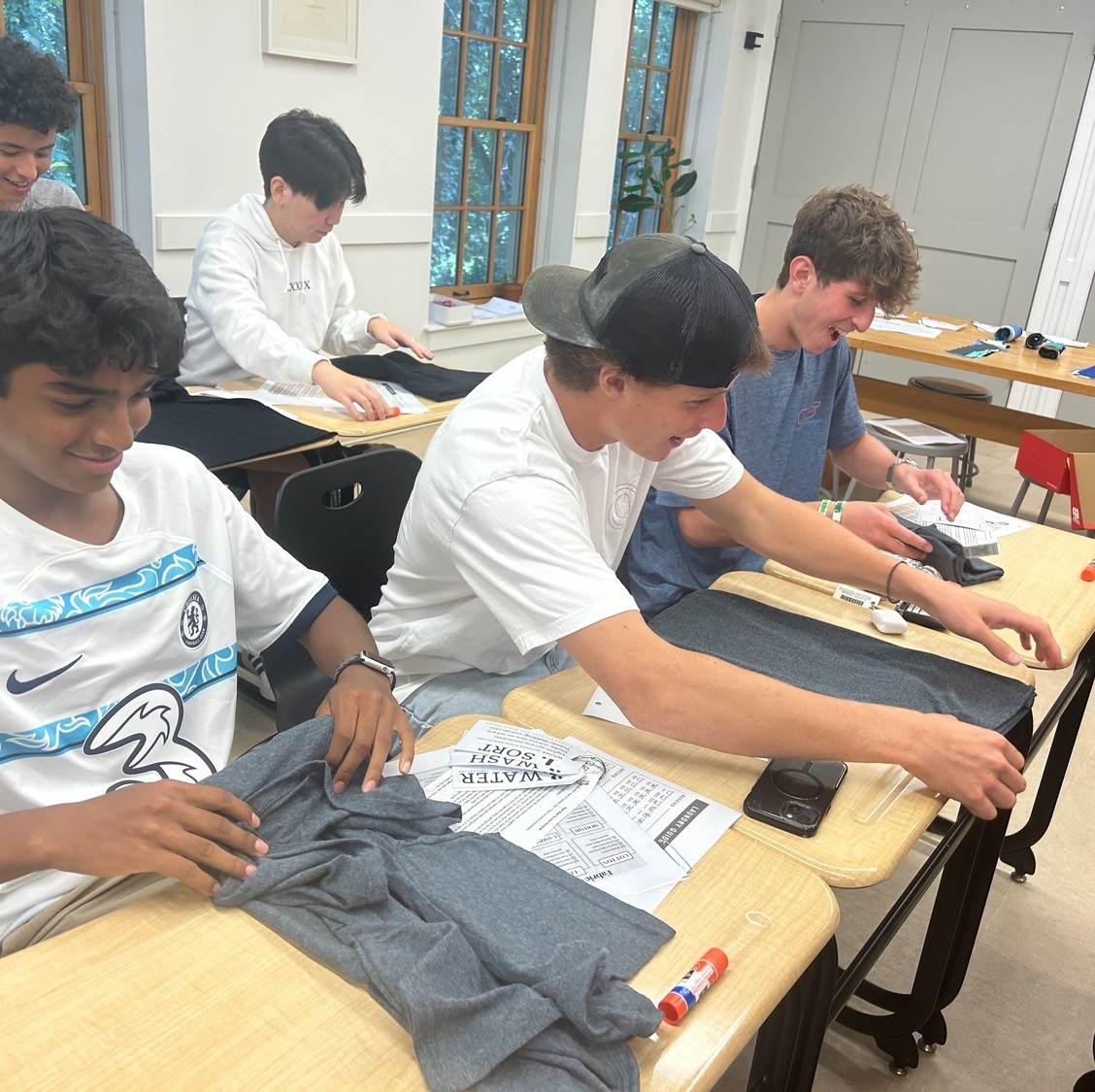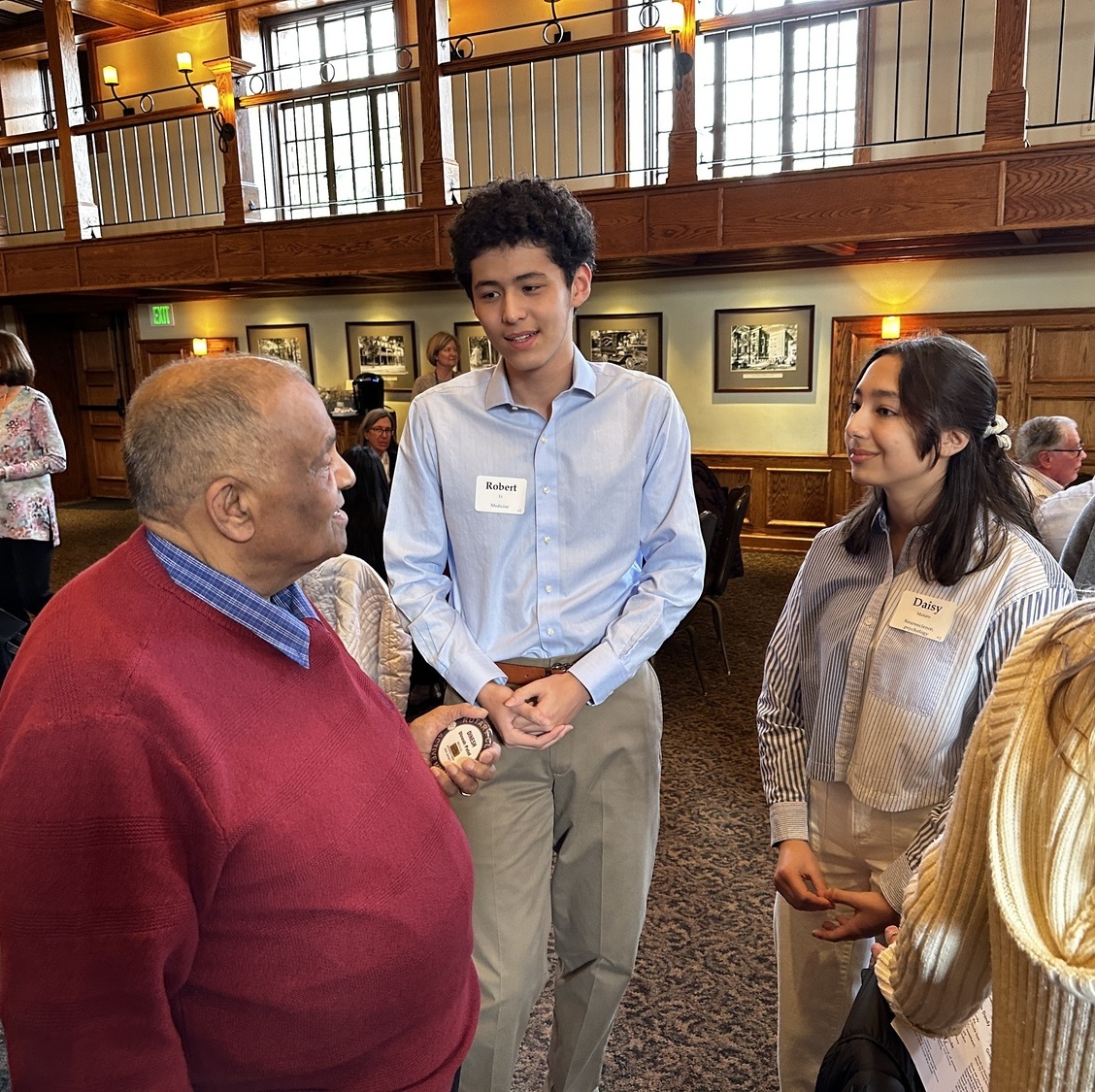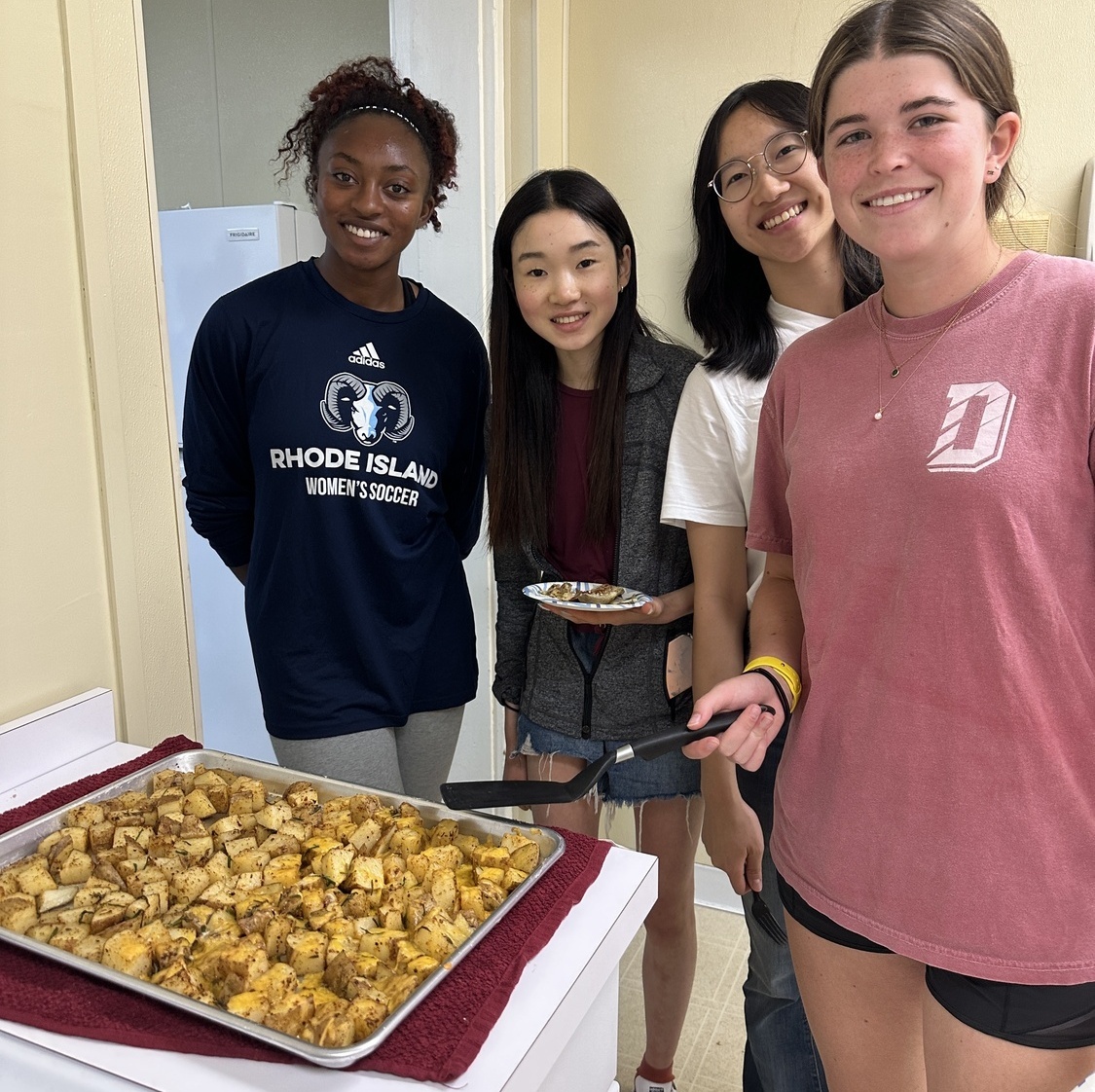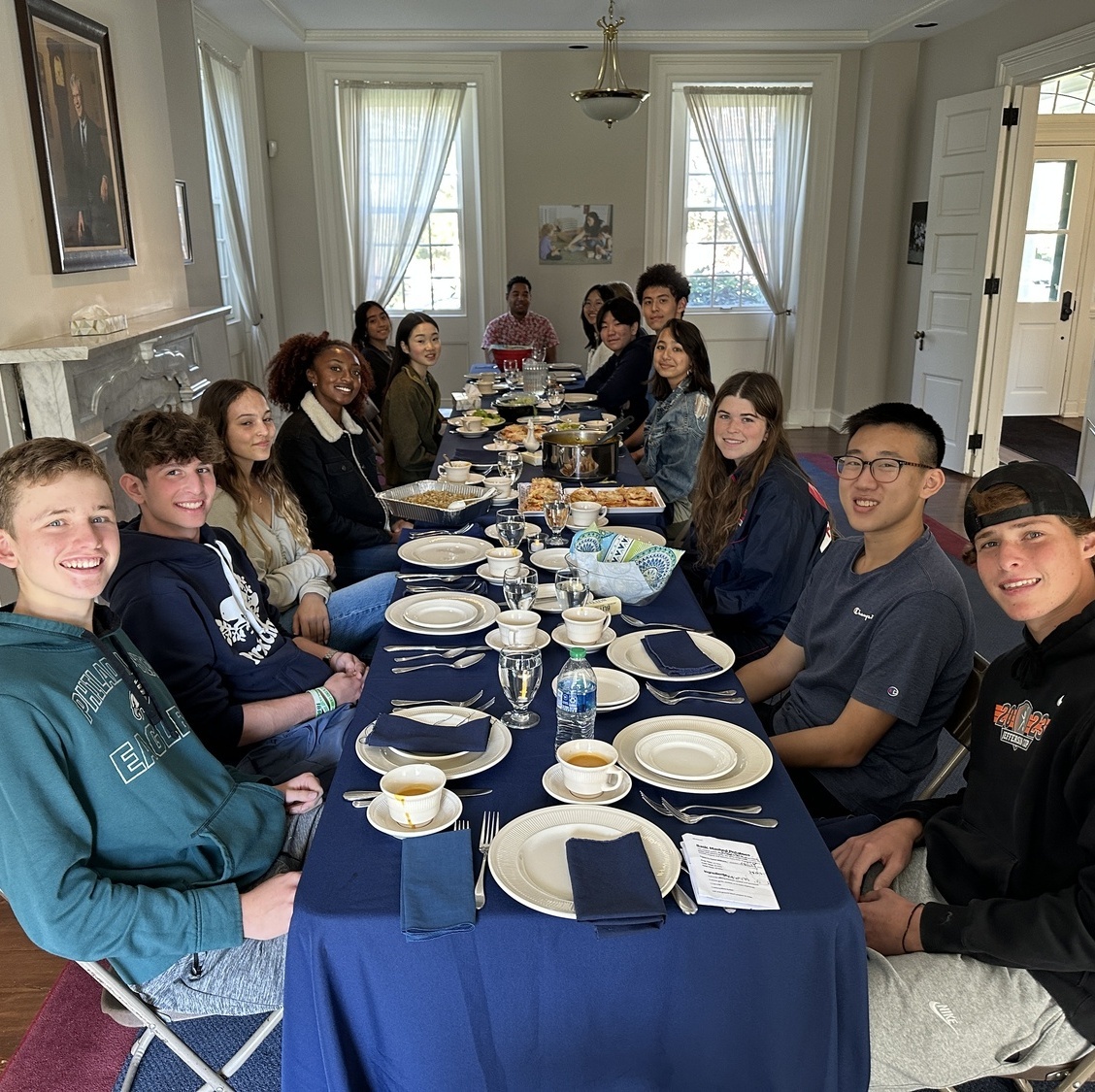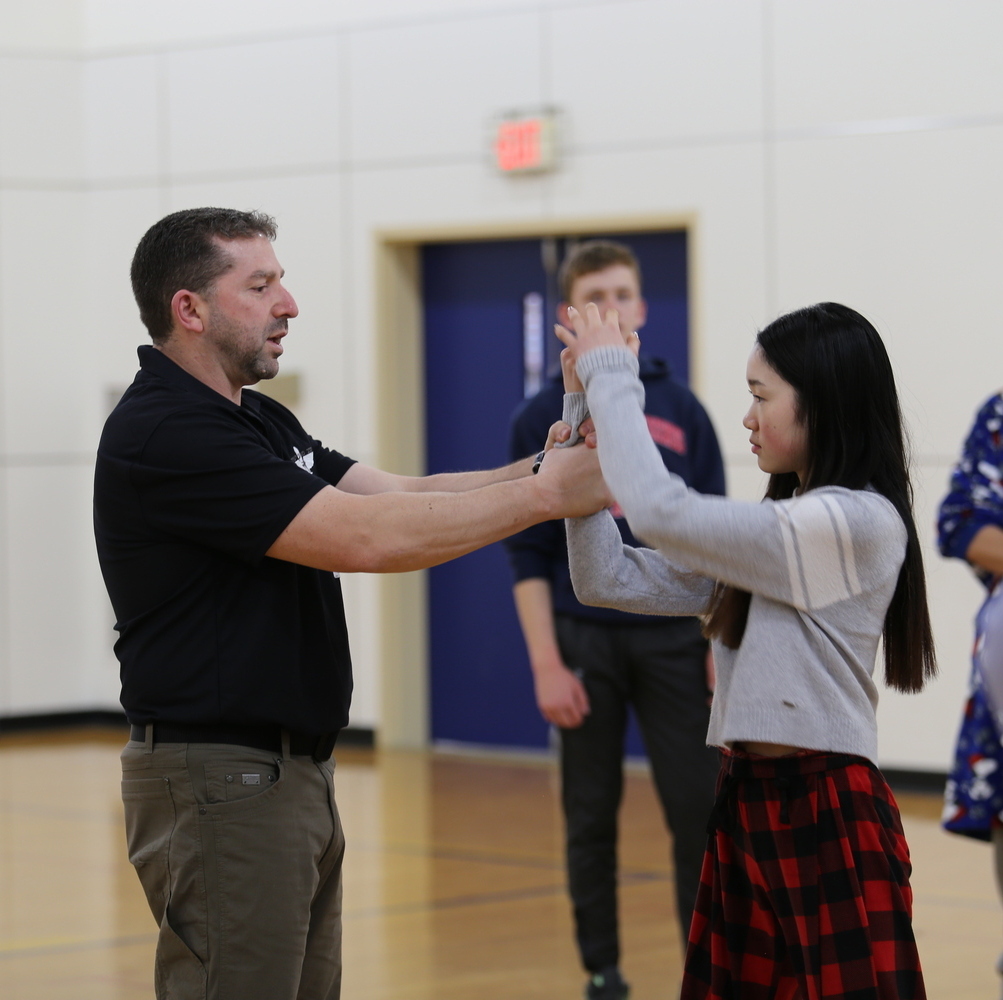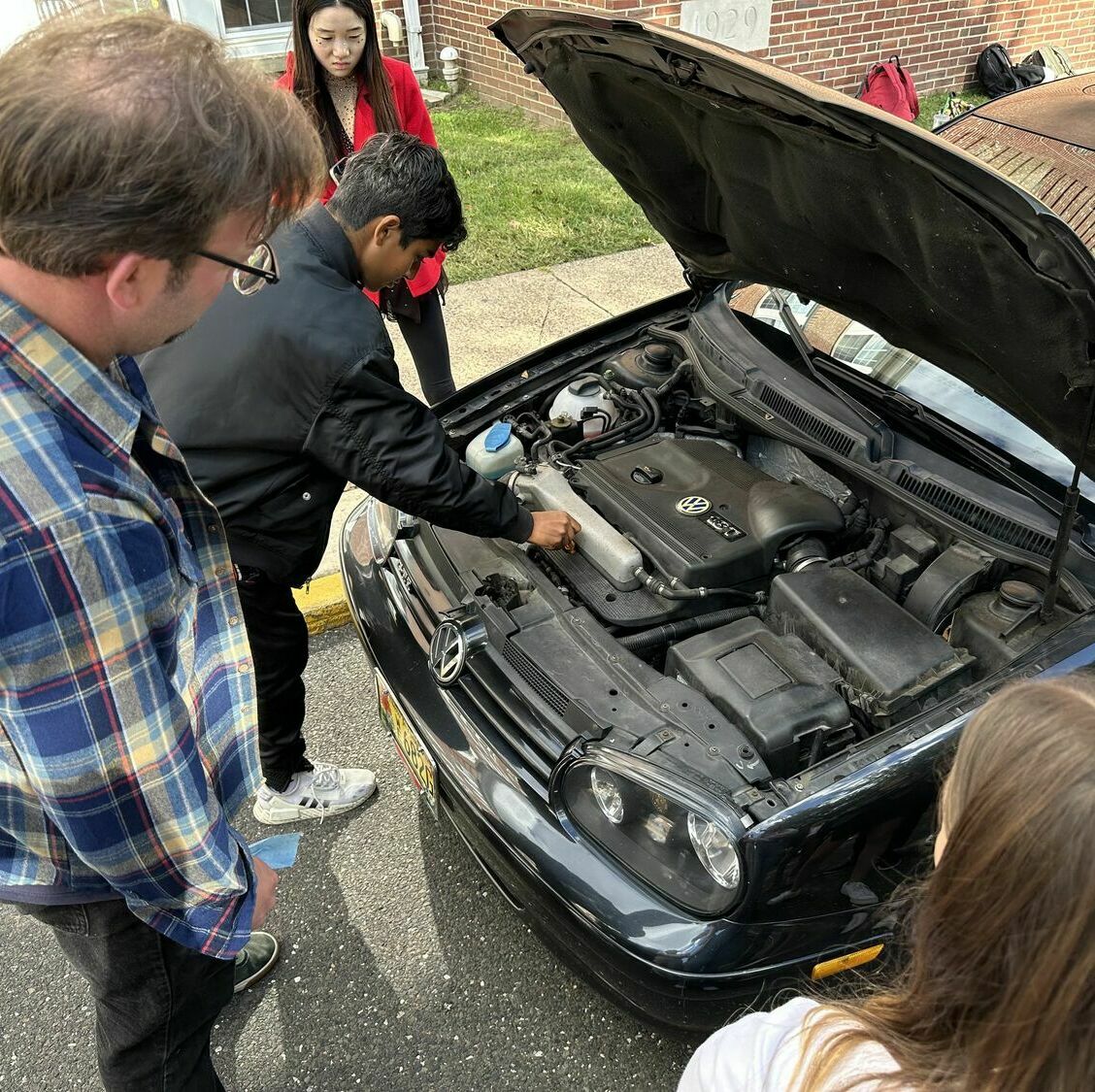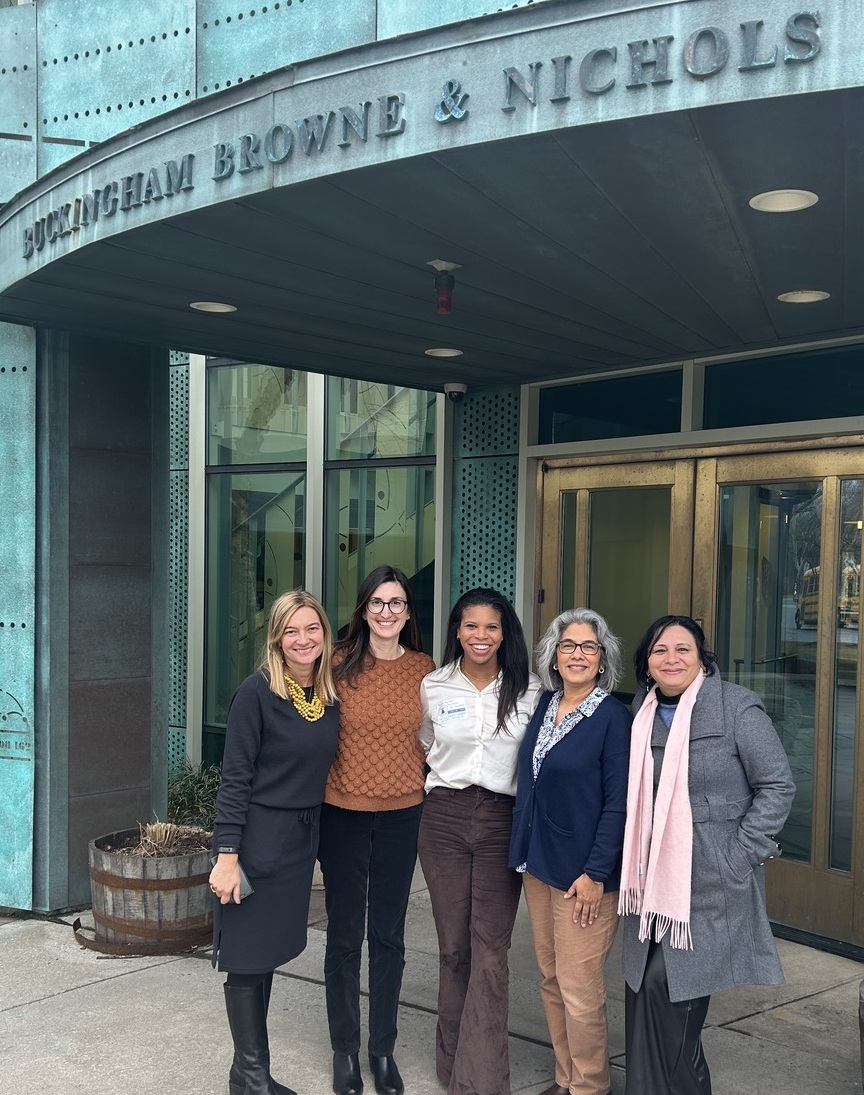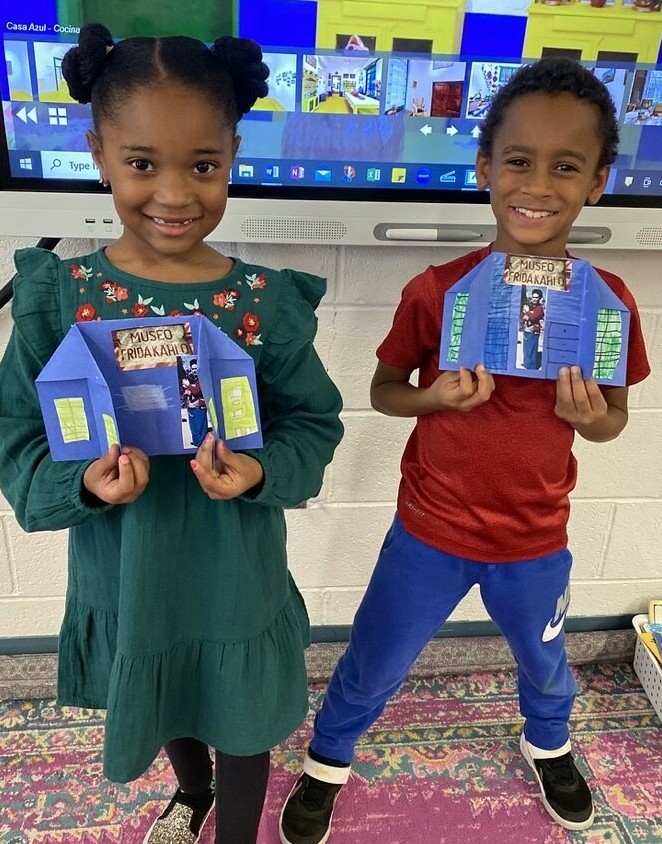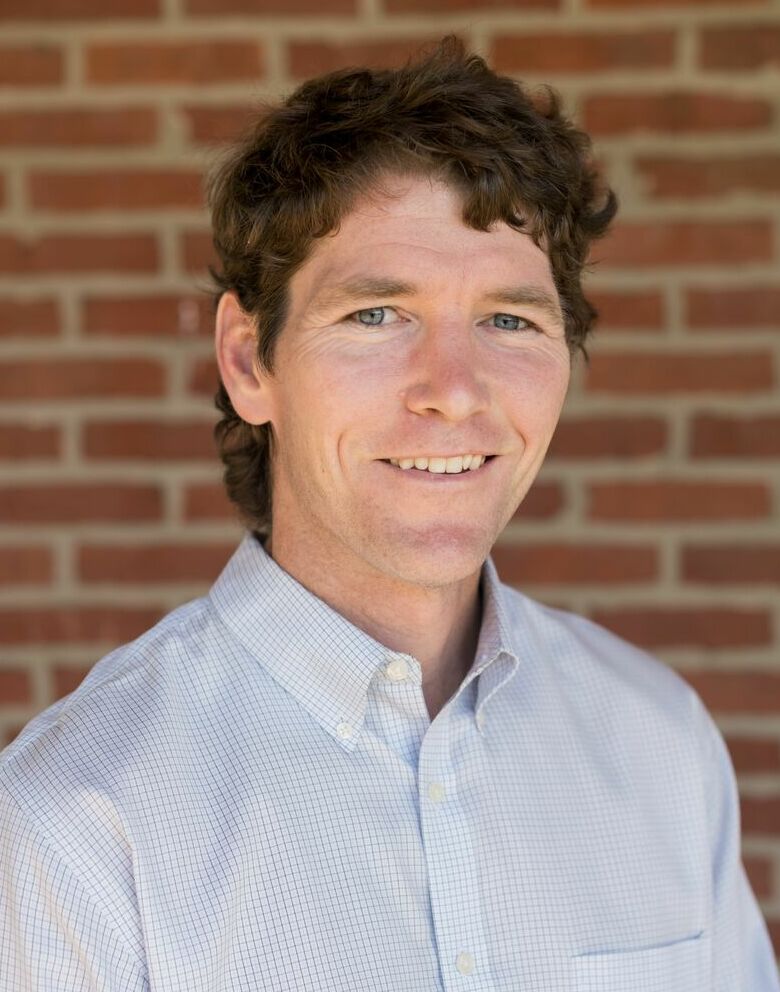The Head's Perspective
Join me for updates from Moorestown Friends School through The Head's Perspective. I hope to connect you with the exciting learning that is taking place every day on our campus, as well as reflections on leadership and education.
Students and families came together
for the MLK Day of Service.
Upper School Chinese students brought a celebration of Lunar New Year to the rest of the school.
Over 30 MFS students participated in the
Ivy League Model United Nations Conference
this winter.
Sixth grade students participate in the engineering
desigin process to create model skyscrapers built to
withstand a simulated earthquake.
Winter athletes usher in the first season
in the Burlington County Scholastic League.
Lower School students design robots for the Book and Bot parade, putting their coding skills into practice.
The Annual Friendship Day tradition brought
together students in all three divisions for
activities focused on frienship.
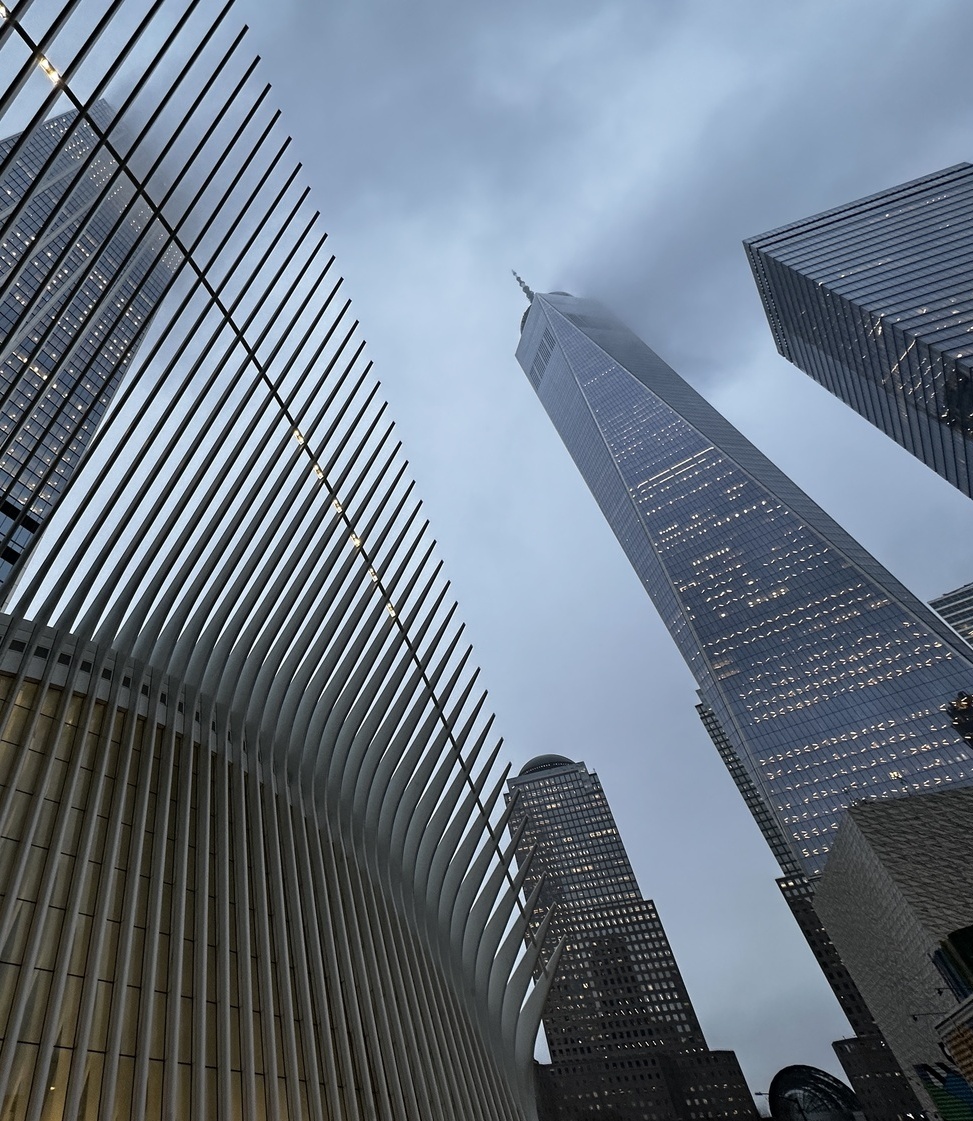
Thinking Beyond the Brain
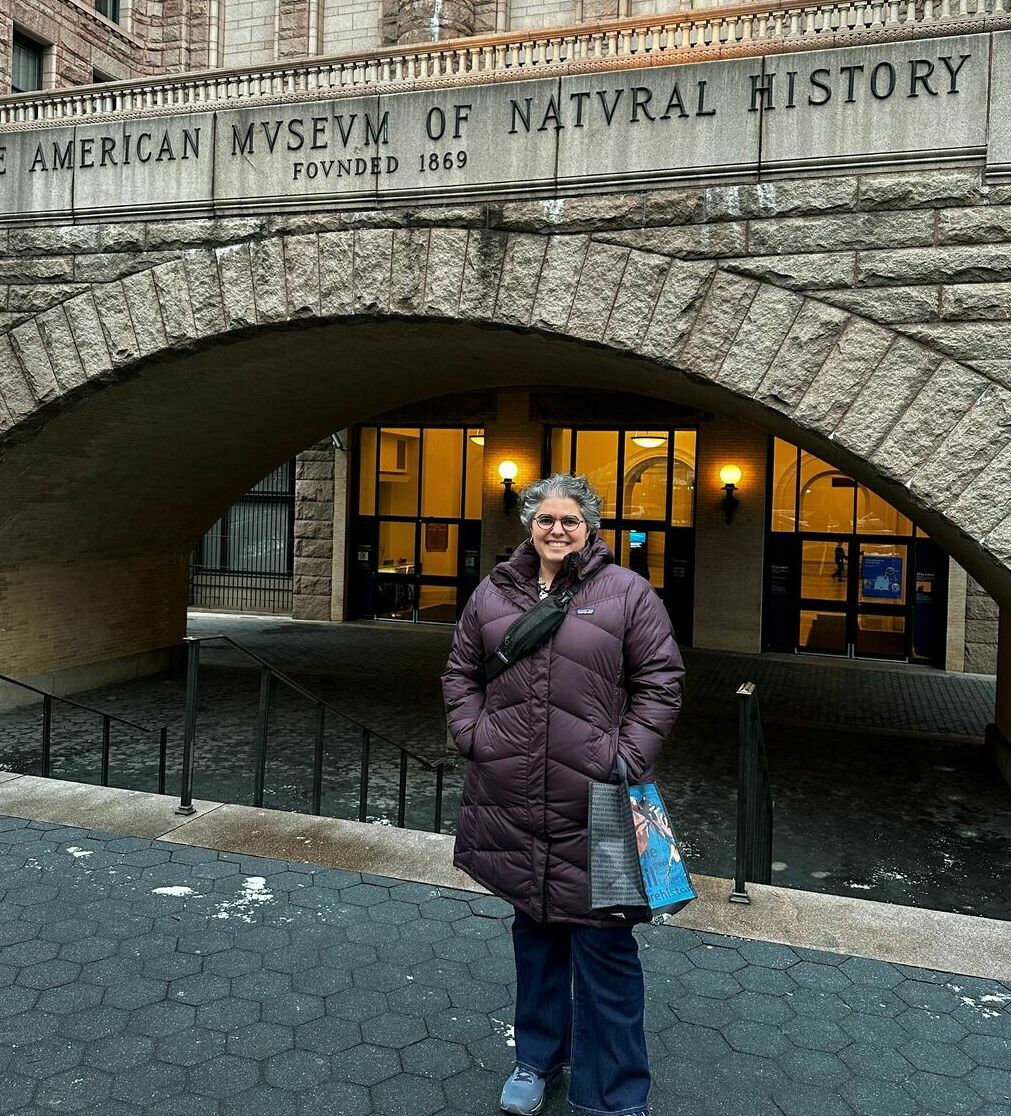
Hands-On Learning
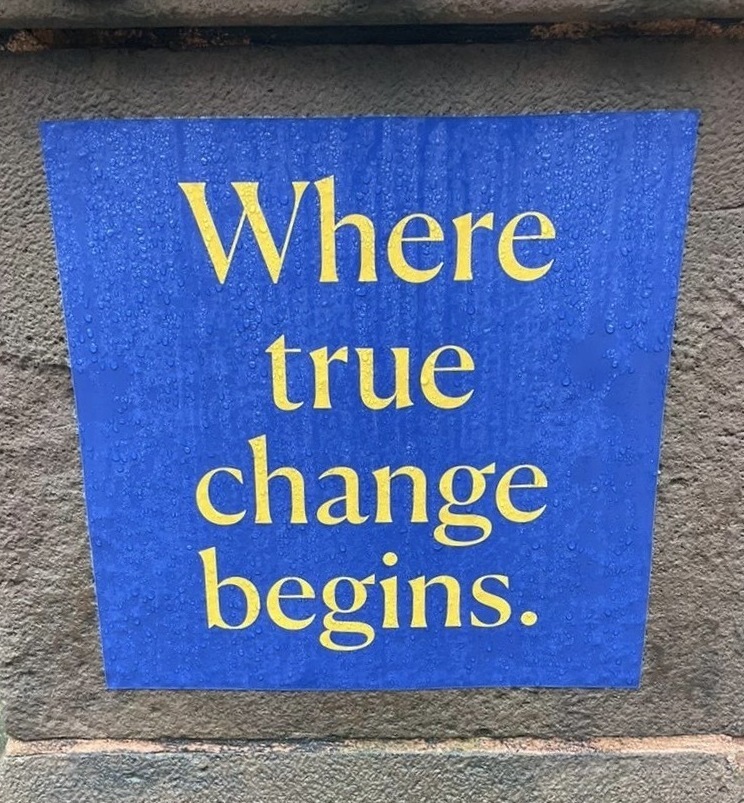
Generative Artificial Intelligence
Processing video...
